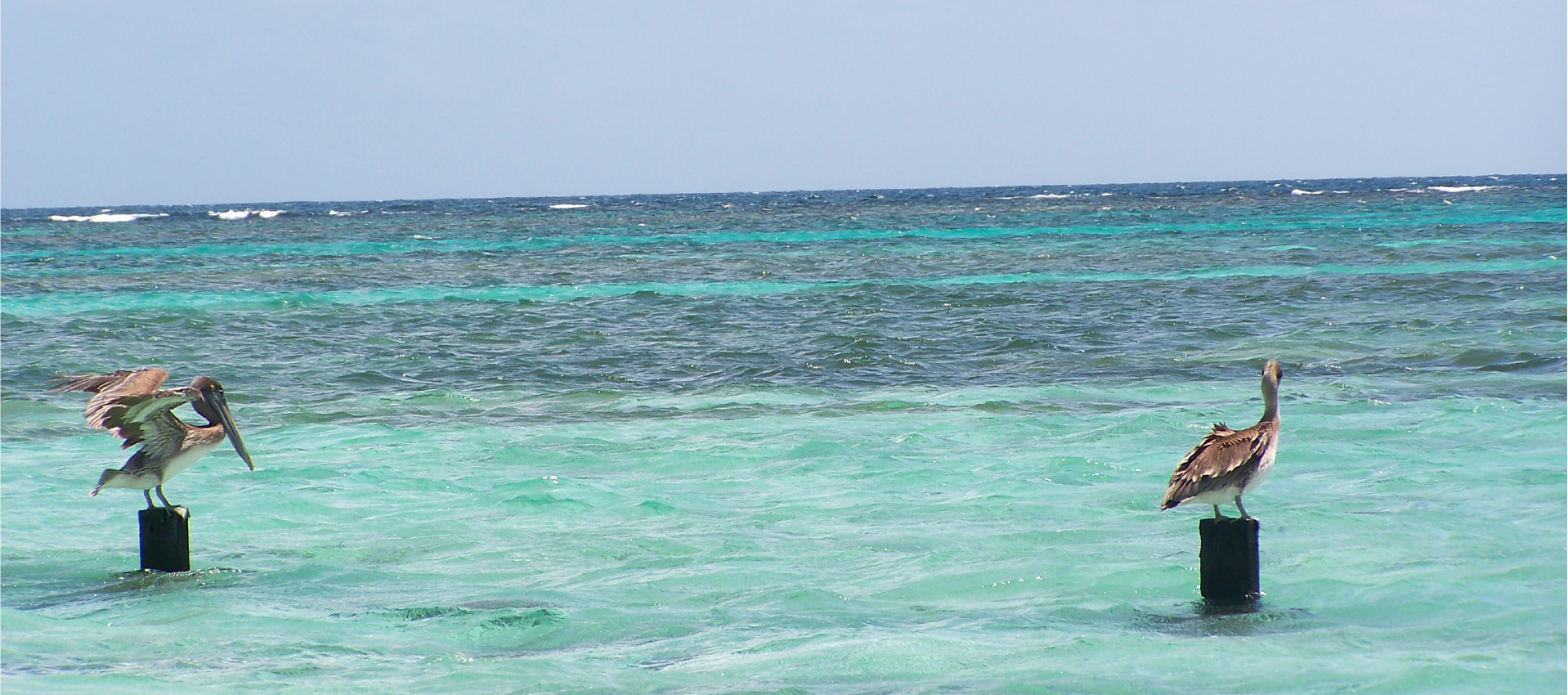Our website moved, follow us here
Our group strives to create a productive, safe, positive and inclusive environment. We value and support the participation of every member of our group and want to ensure everyone has an enjoyable and fulfilling experience, both professionally and personally.

